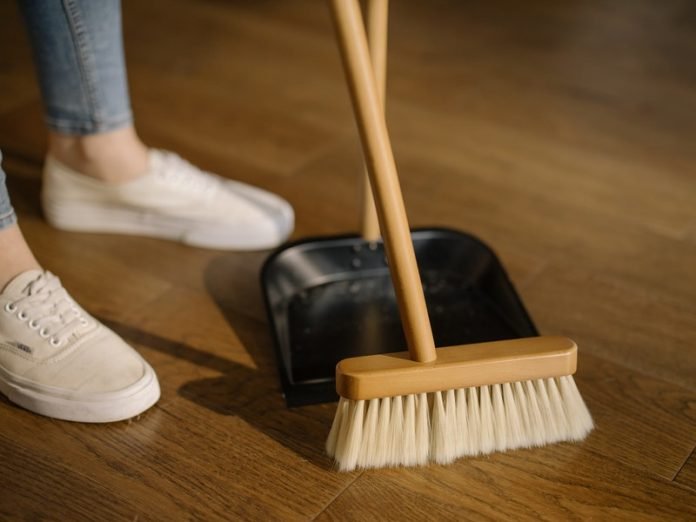
In a new study from Baycrest, researchers found that engaging in household chores may be beneficial for brain health in older adults.
They found older adults who spent more time on household chores showed greater brain size, which is a strong predictor of cognitive health.
Scientists already know that exercise has a positive impact on the brain, but this study is the first to show that the same may be true for household chores.
Understanding how different forms of physical activity contribute to brain health is crucial for developing strategies to reduce the risk of cognitive decline and dementia in older adults.
In this study, the team looked at the links between household chores, brain volume and cognition in a group of 66 cognitively healthy older adults living in the community.
Participants were asked about the time they spent on household chores, such as tidying, dusting, meal preparation and clean up, shopping, heavy housework, yard work, home repairs and caregiving.
The researchers found that older adults who spent more time engaging in such activities had greater brain volume, regardless of how much exercise they did.
This was observed in the hippocampus, which plays a major role in memory and learning, and the frontal lobe, which is involved in many aspects of cognition.
Although it is possible that individuals with larger brains are more likely to take up household chores, there could be several explanations for the brain benefits of household physical activity.
First, heart health is closely tied to brain health. It could be that household chores have a similar effect on the heart and blood vessels as low-intensity aerobic exercise.
Second, the planning and organization involved in household chores may promote the formation of new neural connections over time, even as people age.
Third, it could be that the older adults who engaged in more household chores spent less time being sedentary, which has been shown to be linked to negative health outcomes, including poor brain health.
The team says these findings may also motivate older people to be more active, since household chores are a natural and often necessary aspect of many people’s daily lives, and therefore appear more attainable.
If you care about brain health, please read studies about these common high blood pressure drugs linked to higher risk of cognitive decline and findings of this drug may help slow down cognitive decline.
For more information about cognitive decline and treatment, please see recent studies about this mental health issue may double your risk of dementia and results showing that sleep is the ‘crystal ball’ to predict Alzheimer’s disease.
The study is published in the journal BMC Geriatrics. One author of the study is Noah Koblinsky.
Copyright © 2021 Knowridge Science Report. All rights reserved.



